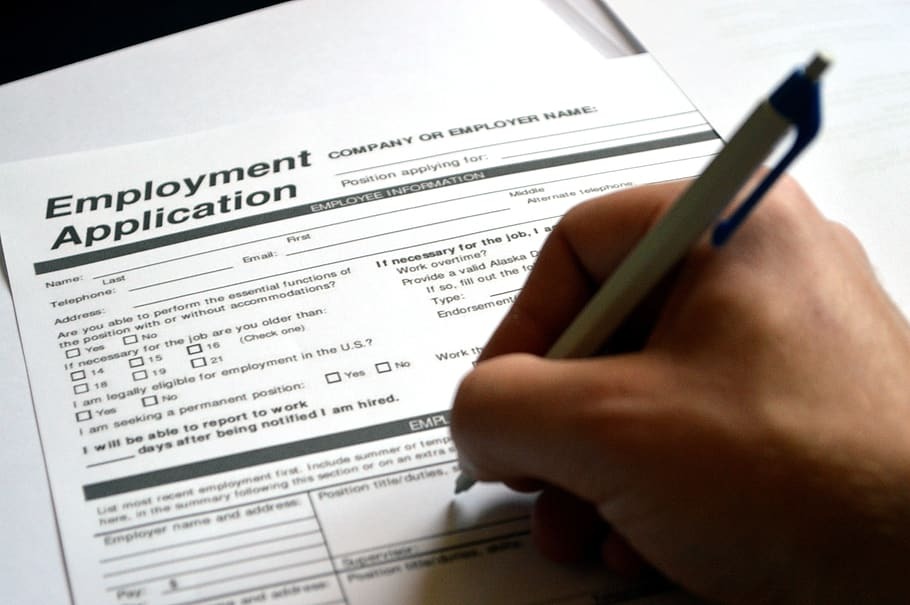
Economists were pleasantly surprised Friday when a report showed the U.S. added more than 370,000 new jobs. That’s despite high inflation and increased interest rates.
Essentially, the new numbers show higher interest rates haven’t caused a recession– at least not yet.
Marianne Wanamaker is a professor at the University of Tennessee Knoxville and former White House economic adviser. She says it looks like things are starting to stabilize.
“We do appear to be returning to more usual levels of inflation and more usual levels of wage growth. And even employers are starting to get used to the amount of labor shortage that we have and finding ways to work around it. So the economy is starting to feel more normal, even though there is still a large amount of uncertainty.”
Wanamaker says individuals and businesses have largely learned to adjust pandemic-related hurdles. At the same time, some of those issues are beginning to resolve.
But that’s not to say people aren’t still feeling the financial squeeze. Grocery and gas prices are still high. A recent Metro Social Services report shows many people are noticeably worse off money-wise this year compared to 2021. And WPLN recently reported that the increase in interest rates is likely to result in even higher housing costs for homebuyers and renters.
Wanamaker says for those concerned about a potential recession, it’s important to remember that businesses still hire during economic downturns. “So in a typical recession, U.S. employers still hire about two-thirds the volume that they would have, had there not been a recession,” Wanamaker says.
“So even if we find ourselves in a situation where the labor market starts to struggle, what that typically means is that workers end up changing jobs. Some do become unemployed. But there’s a lot of opportunity, even in a downturn, for job switching and job changes to kind of keep workers whole.”

